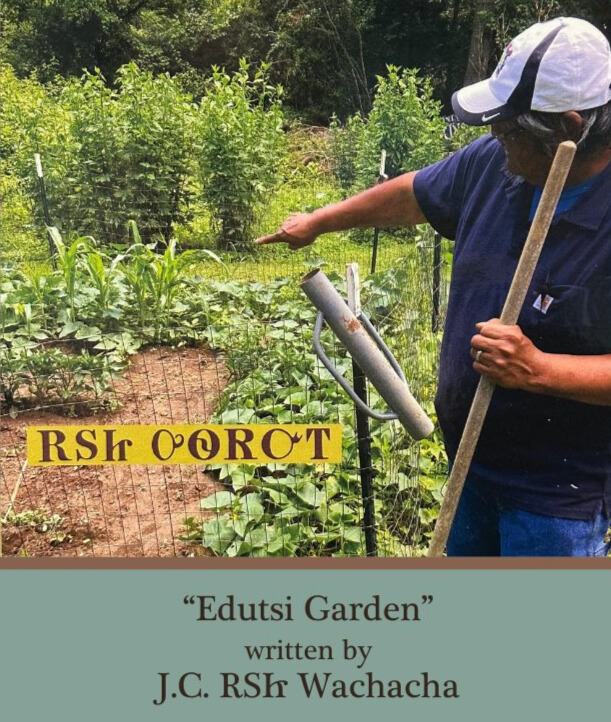By Kimberly Long, Graduate Assistant
This is my second semester as a graduate assistant working with the Reading Nation Waterfall project while attending classes at SJSU’s Masters in Library and Information Science program. During my time with RNW, there have been many meaningful projects and learning opportunities. One recent project was to compile a RNW Replication Toolkit which would help interested parties take from the projects’ learned experiences and be able to replicate the book ecosystem starting from the ground up.
With this in mind, the RNW team had to first review what makes a good toolkit in general and then determine and whittle down what should be included in the RNW toolkit. It would be easy to include everything we have learned in the toolkit but we know this would not make it accessible and usable. What does one need to know when beginning from scratch? We narrowed this down to 7 categories:
- Introduction & the Three Legs of the Stool
- Build the Community
- Build the Libraries
- Build the Collection
- Build Programming
- Assess
- Celebrate & Continue
- Resources
I worked on the Introduction and the Celebrate & Continue sections. I knew it was important to explain the purpose of a book ecosystem and how to begin to organize one without overwhelming or scaring away interested parties. I enjoy the challenge of trying to write concisely while including all the necessary information. Above is one of the introduction slides explaining one leg of the stool: The Elementary School. The other two legs are the Head Start Site and the Tribal/Public Library.
As an outsider to the tribes and pueblos, it is important to be mindful of how we approach our ideas and projects. Some of our partners have mistrust in the education system, and with outsiders. So when compiling the Toolkit, we want to put the power and resources in the hands of leaders who know best how to lead in their communities. This is a lesson learned in working with RNW and one that may come up as a librarian. How best to serve a community that you may not be a part of?
